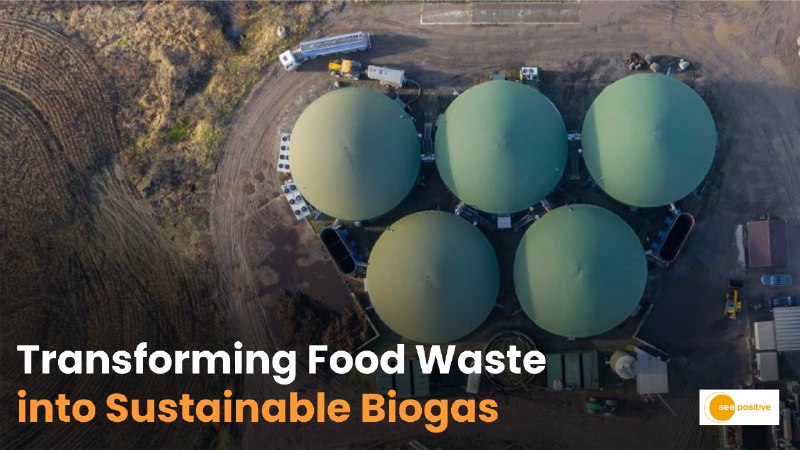Only those who do not have the same access to food as others can comprehend its significance. Every day, a lot of food is thrown away, whether it’s from the hostel mess, wedding parties, or other events. Students from Sindri, Jharkhand, have launched a start-up called ‘Urja Viable Solutions’ to convert these leftover food wastes into a useful product.
Sustainable Development initiative
With an eye on generating energy from waste, the startup has been launched. Its primary focus is to convert the leftover food waste into biogas for cooking purposes. According to the project, the leftover foods at hostels and messes in Birla Institute of Technology (BIT), Sindri will now be utilized for sustainable development. It will be used to generate biogas for cooking. The project will be carried out by establishing a plant on the campuses of Jharkhand’s leading engineering colleges. The biogas plant will be able to process 100 kg of waste per day.
Initiative by students
The first-of-its-kind initiative is being spearheaded by BIT, Sindri college students. The team was founded and worked on by five B-tech students: Kumar Aryan, Adarsh Tirkey, Geet Kumar, Nitish Kumar, and Raj Kumar Singh. They collaborated on a college project and took the initiative to launch it on the ground. Although it was conceived last year, it took time to complete the groundwork. According to Aryan, one of the founding members, the biogas plant will be operational by January 2022.
Scarcity of fossil fuels sparked the idea
Adarsh Tirkey stated that the energy demand is increasing exponentially in tandem with the scarcity of fossil fuels. As a result, we should begin looking for alternative energy sources while also conserving existing ones. In the future, we must transition to renewable energy. Our startup is primarily focused on the renewable energy sector, he explained.
READ MORE What is Pisciculture, Its Type and Methods?
Further, he added, although this biogas plant is our company’s first project, we will gradually transition to renewable energy production as a second step, with the ultimate goal of ensuring zero waste and an eco-friendly BIT.


